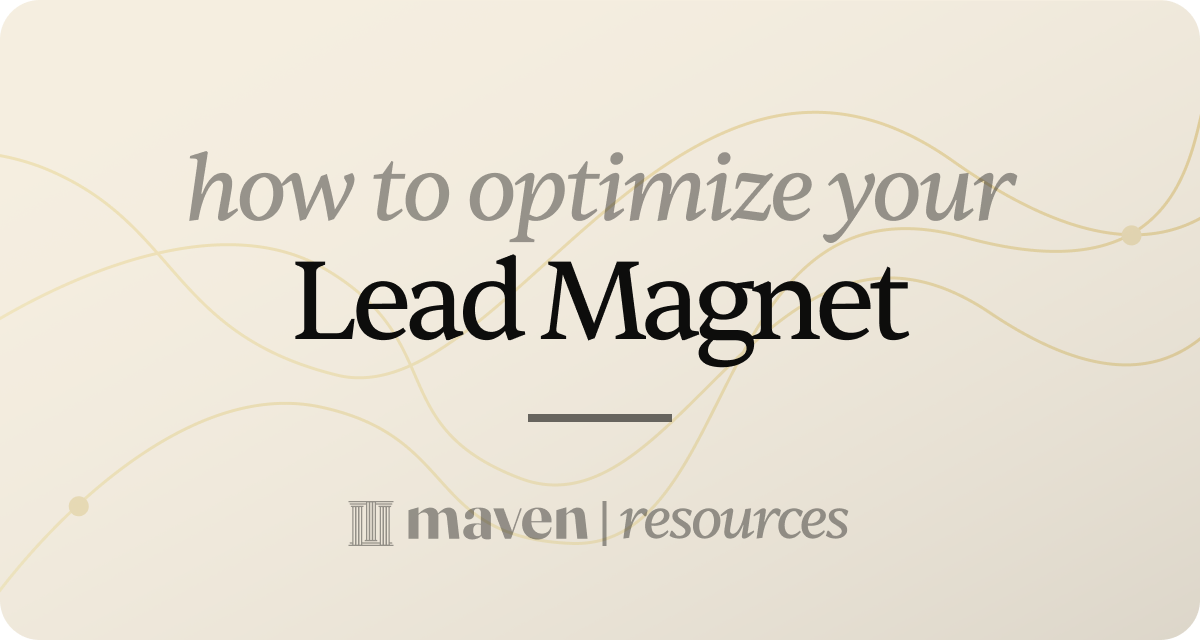Summary
Discover the key strategies for building a powerful personal brand as a leader, including defining your unique value proposition, creating thought leadership content, and networking.
In today's competitive landscape, having a strong personal brand as a leader is more important than ever. A well-defined personal brand can set you apart from the competition, establish your credibility, and help you build lasting relationships with clients, partners, and colleagues.
Defining Your Unique Value Proposition
Your unique value proposition (UVP) is the foundation of your personal brand. It captures what makes you different from others in your industry and the value you bring to your audience.
- Identify your strengths and expertise: Reflect on your professional experience, skills, and knowledge to pinpoint your areas of expertise and the strengths that set you apart.
- Determine your target audience: Define your ideal audience, considering factors such as their industry, job title, and the challenges they face.
- Craft your UVP statement: Develop a concise statement that captures your unique strengths and the value you bring to your target audience.
For example, Tesla CEO Elon Musk has a well-defined UVP focusing on his vision for a sustainable future, expertise in technology and innovation, and bold approach to problem-solving.
Building Your Online Presence
Your online presence plays a crucial role in shaping your personal brand. A strong online presence can help you reach a wider audience, showcase your expertise, and establish yourself as a thought leader in your industry.
- Optimize your social media profiles: Ensure that your social media profiles, particularly LinkedIn and Twitter, accurately reflect your personal brand and UVP.
- Share valuable content: Regularly share articles, insights, and updates related to your industry and expertise to engage your audience and reinforce your personal brand.
- Engage with your network: Interact with your followers, answer questions, and join conversations to build relationships and position yourself as a helpful resource.
Take Sheryl Sandberg, the COO of Facebook, as an example. She has built a strong online presence by sharing insights on leadership, diversity, and technology, and engaging with her followers on social media platforms.
Creating Thought Leadership Content
Sharing thought leadership content is an effective way to showcase your expertise and reinforce your personal brand.
- Start a blog or write articles: Publish articles on your own blog or platforms like LinkedIn and Medium to share your thoughts and insights on industry trends, challenges, and best practices.
- Participate in podcasts and webinars: Share your knowledge and experiences by participating in podcasts and webinars related to your industry and expertise.
- Write a book or e-book: Authoring a book or e-book can significantly boost your credibility as an expert and thought leader
Gary Vaynerchuk, a successful entrepreneur and marketing expert, has built a powerful personal brand through his thought leadership content, including books, blogs, and social media posts.

Networking and Building Relationships
Building relationships with industry peers, influencers, and potential clients is essential for growing your personal brand and expanding your reach.
- Attend industry events and conferences: Participate in events and conferences to meet like-minded professionals, share ideas, and expand your network.
- Join online communities and forums: Engage in online communities and forums related to your industry to connect with peers and share your knowledge.
- Collaborate with influencers: Partner with influencers in your field to create content, host events, or work on projects that showcase your expertise and credibility.
Continuously Learning and Evolving
A strong personal brand requires continuous learning and growth. As a leader in the tech industry, it's essential to stay relevant and adapt to the ever-changing landscape.
- Stay up-to-date on industry trends: Regularly read industry news, research, and insights to keep yourself informed and contribute valuable perspectives in discussions.
- Invest in professional development: Attend workshops, online courses, or obtain certifications to expand your skill set and knowledge base, further strengthening your personal brand.
- Embrace feedback and adapt: Be open to feedback from your network and use it as an opportunity to improve your personal brand and leadership style.
Consider the example of Satya Nadella, Microsoft's CEO, who is known for his commitment to continuous learning and growth, shaping his personal brand as a forward-thinking and innovative leader.
Maintaining Authenticity and Consistency
To build a strong personal brand, it's essential to maintain authenticity and consistency across all your communications and interactions.
- Be true to yourself: Embrace your genuine personality, values, and beliefs, and let them guide your personal brand. Authenticity will make it easier for your audience to connect with you on a deeper level.
- Align your brand with your actions: Ensure that your actions align with your personal brand by consistently demonstrating the values and expertise you've defined in your unique value proposition.
- Develop a consistent voice: Use a consistent tone, style, and language across all your communications, including social media, articles, and speaking engagements, to reinforce your personal brand.
Oprah Winfrey, a media mogul and philanthropist, is a prime example of someone who has maintained authenticity and consistency throughout her career, resulting in a powerful personal brand that has stood the test of time.
Measuring and Tracking Your Personal Brand Success
Monitoring the impact of your personal branding efforts is crucial for identifying areas of improvement and ensuring that your brand continues to evolve and grow.
- Set measurable goals: Establish clear, measurable goals for your personal branding efforts, such as increasing your LinkedIn connections or being featured in industry publications.
- Monitor your online presence: Use tools like Google Alerts and social media analytics to track mentions of your name, content engagement, and changes in your online presence over time.
- Seek feedback from your network: Regularly ask for feedback from your network to gain valuable insights into how your personal brand is perceived and identify areas for improvement.
By tracking your personal brand success, you can make data-driven decisions to refine your strategy and maximize your impact as a leader.
Overcoming Challenges in Personal Branding
As you embark on your personal branding journey, you may encounter a few challenges. Here are some common obstacles and how to overcome them:
- Finding your niche: You might struggle to pinpoint your area of expertise or unique value proposition. To overcome this, consider conducting a personal SWOT analysis (strengths, weaknesses, opportunities, and threats) to help identify your core competencies and potential areas of differentiation.
- Creating a consistent image: Balancing multiple facets of your personality and professional life can be challenging when building your personal brand. Focus on identifying the aspects that are most important to you and your target audience, and ensure they are consistently reflected in your communications and actions.
- Building credibility: It can be difficult to establish credibility, especially if you are new to your field or making a career change. Seek out opportunities to gain experience, share your knowledge, and network with industry experts to build trust and credibility with your target audience.
Building a powerful personal brand as a leader is a journey that requires clarity, consistency, authenticity, commitment, and continuous learning. By defining your unique value proposition, building your online presence, creating thought leadership content, networking, maintaining authenticity, and measuring your success, you can establish yourself as a credible and influential leader in the tech industry. By following these strategies, you can unlock new opportunities, expand your network, and leave a lasting impact on your industry.
Related Courses
AI Powered Personal Branding
This course teaches you how to harness the power of AI to build an authentic personal brand that gets you noticed, trusted, and chosen.
Design Your Next Chapter: Professional Branding & Career Navigation
Transform your career story into a powerful professional brand in just 4-weeks. Gain the tools, strategies and confidence to stand out.
Building a Purpose-Led Brand in the Age of AI
In an era defined by automation, noise, and algorithmic influence, your story is your strongest signal - learn how to lead with it.
Master Personal Branding on LinkedIn Using AI
Grow your personal brand on LinkedIn with actionable AI strategies. Stand out, attract leads, and land amazing opportunities.
You might also like

7 Skills of a Successful Leader (and leaders who exemplify them)

Product Lead: Owning the Product Vision

How to Be an Effective Sales Leader

